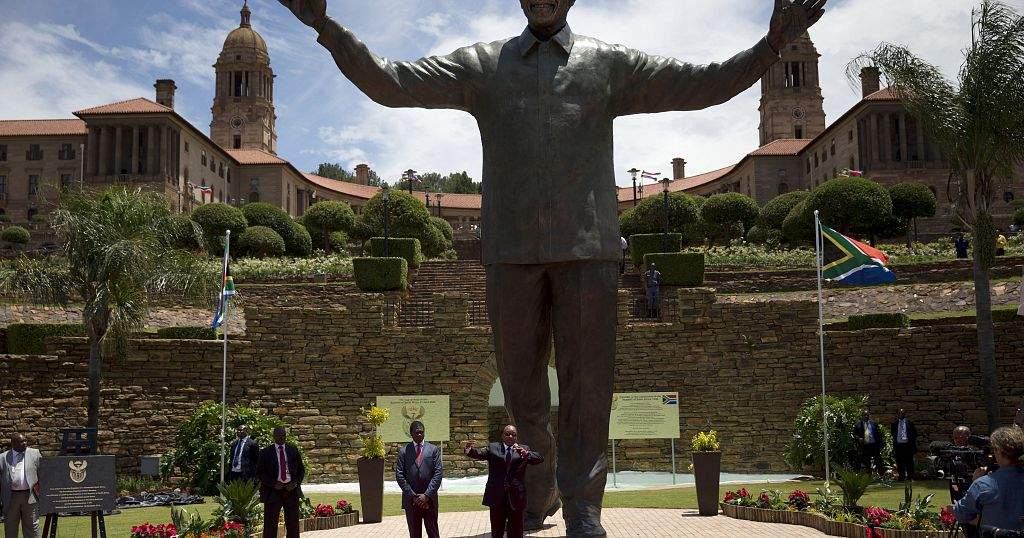UNESCO Recognizes South African Sites Linked to Anti-Apartheid Struggle
The United Nations Educational, Scientific and Cultural Organization (UNESCO) has recently added several sites in South Africa associated with the country’s long and bloody anti-apartheid struggle to its World Heritage List. The serial property, titled "Human Rights, Liberation Struggle and Reconciliation: Nelson Mandela Legacy Sites," consists of fourteen component parts scattered across the country, all related to South Africa’s political history in the 20th century.
The Union Buildings in Pretoria, which house the official seat of the South African government, have hosted numerous important events, including the inauguration of the country’s first democratically elected president in 1994. A nine-meter-high bronze statue of Nelson Mandela, a key figure in the anti-apartheid movement, has stood at the foot of the buildings since his funeral in 2013.
Liliesleaf, a secret home and meeting place for political activists, is another significant site. It was the location of a police raid in 1963, which led to the arrest of ten leaders, including the young Mandela, who received life sentences for sabotage at the infamous Rivonia Trial. Today, Liliesleaf is home to exhibitions that tell the story of the journey to democracy in South Africa.
Tokyo Sexwale, an anti-apartheid activist who was once imprisoned alongside Mandela, praised the UNESCO recognition, saying it symbolizes global recognition of South Africa’s long journey to freedom. Liliesleaf is one of the most popular sites for tourists who wish to learn more about apartheid and the struggle to end it.
As a tourist, Anita Lichtenberg from the United States expressed her enthusiasm for the experience, saying, "I’m very interested in the history of civil rights in the United States, and I think as a global movement of civil rights, this is so important. And it’s been very interesting to hear the differences of the experience here and the experience of the United States. It’s eye-opening. It’s been terrific."
The sites recognized by UNESCO also include Constitutional Hill, which houses the country’s apex court, Sharpeville Heritage Precinct, and Walter Sisulu Square. South African President Cyril Ramaphosa welcomed the inscription of these sites and called on the public to help safeguard them.
The UNESCO recognition of these sites serves as a testament to the significance of South Africa’s anti-apartheid struggle and the importance of preserving its history and heritage.
